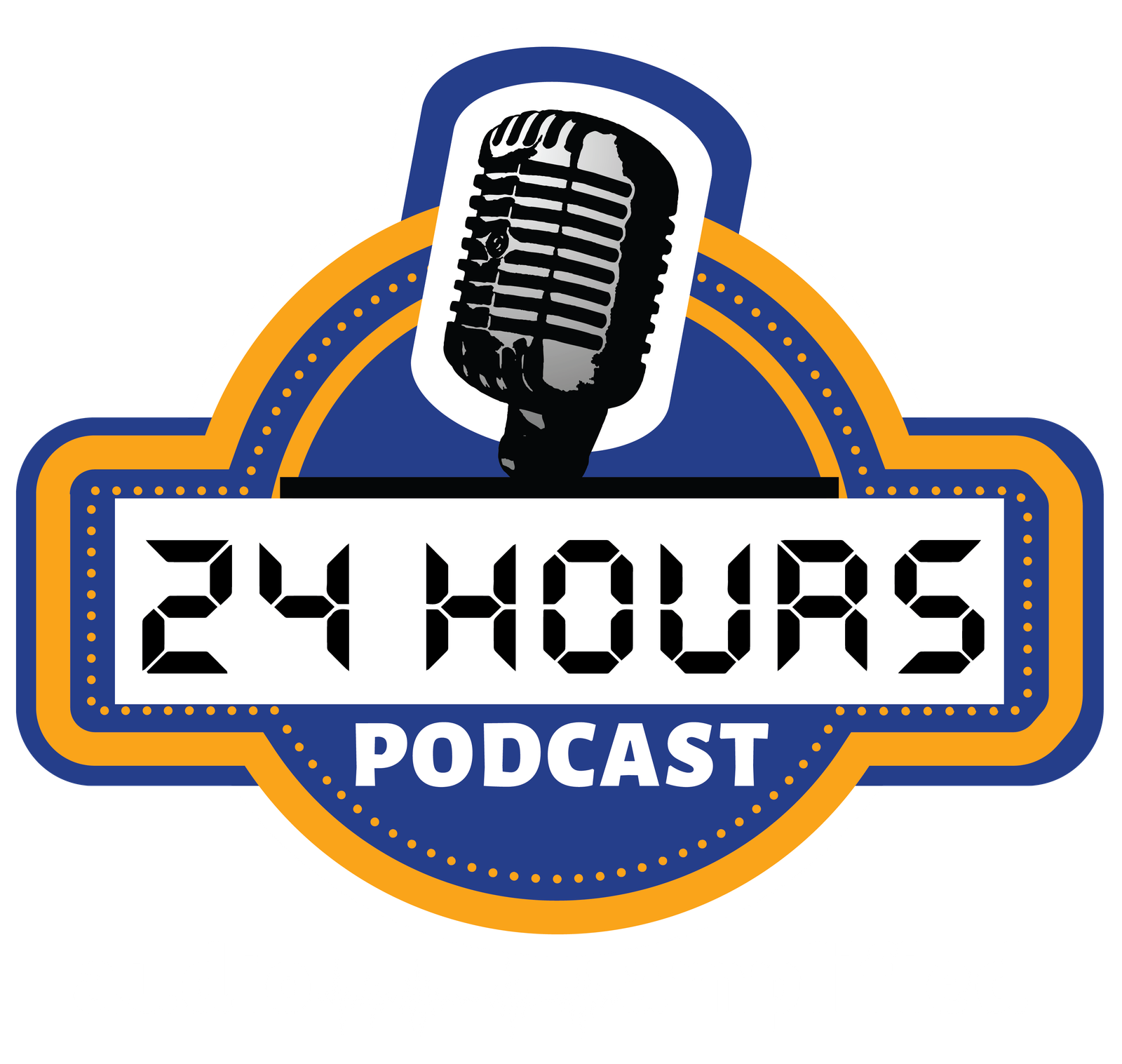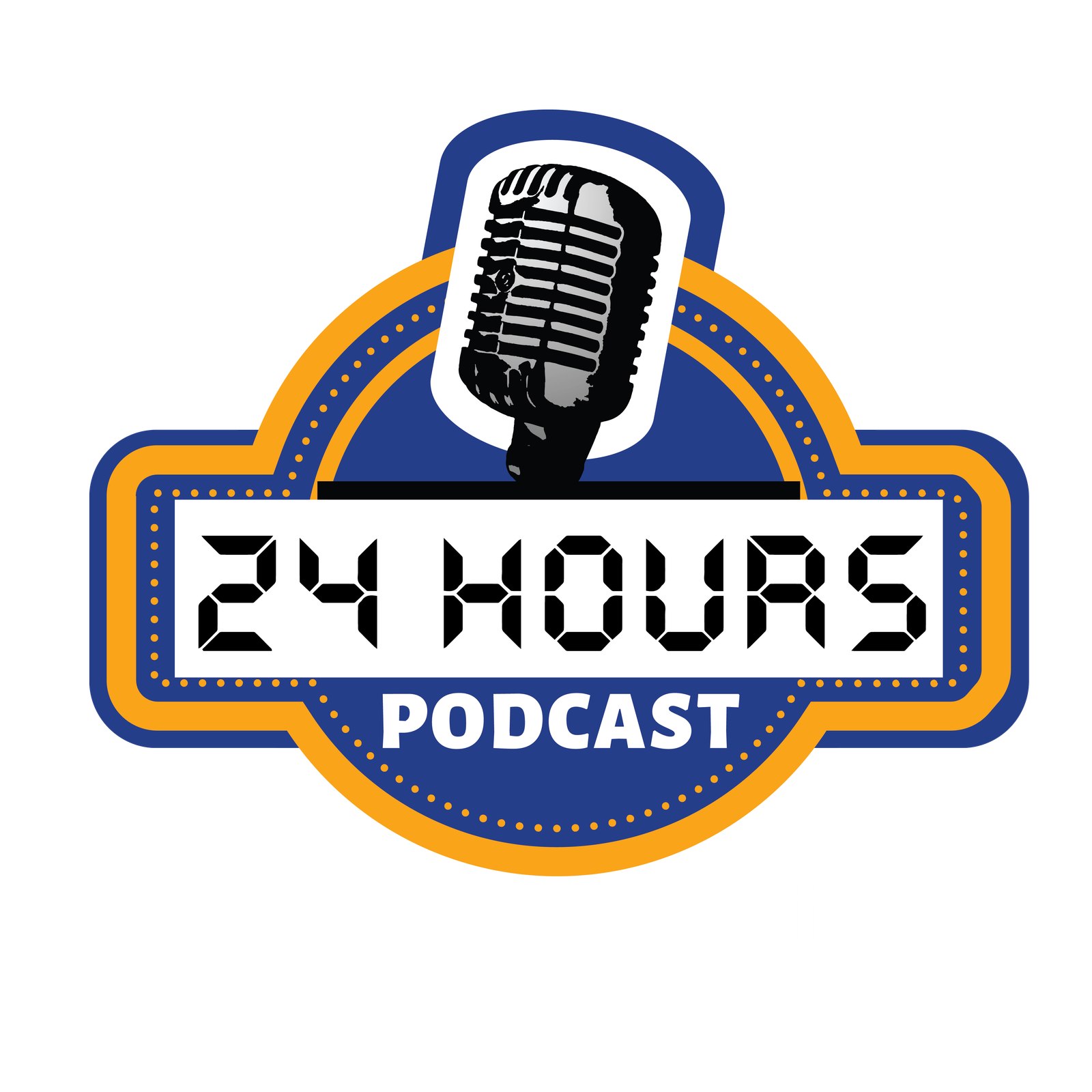In a world filled with endless visual content, podcasts have emerged as one of the most popular forms of media. Whether for learning, entertainment, or communication, podcasts tap into something deeply engaging and satisfying for listeners. But why exactly do people love listening to podcasts? The answer lies in the psychology of audio content. Let’s explore the science behind why podcasts are so effective, looking at factors like multitasking, emotional connection, cognitive engagement, and the power of storytelling.
1. Multitasking and Convenience
One of the key reasons people love podcasts is their ability to fit into our busy lives. Unlike video or written content, podcasts are uniquely suited to multitasking. Research shows that the human brain can process auditory information while performing other tasks, such as driving, exercising, or cleaning. This ability to consume content on the go makes podcasts highly convenient and accessible.
In a fast-paced world where time is limited, podcasts offer an easy way to learn, be entertained, or stay informed without having to sit down and focus on a screen. For many listeners, this convenience is what makes podcasts a go-to medium.
2. The Power of Storytelling
Humans are wired for stories. Storytelling is one of the oldest forms of communication, and our brains are naturally drawn to narratives. Podcasts capitalize on this by creating immersive, audio-driven storytelling experiences. Whether it’s a true-crime series, a historical recount, or a personal anecdote, podcasts allow listeners to dive deep into stories that resonate on an emotional level.
According to neuroscientific studies, storytelling activates multiple areas of the brain, including those responsible for processing language, sensory experiences, and emotions. This creates a rich, multi-sensory experience that captures the listener’s full attention. When we hear stories in a podcast, we’re not just passively listening; we’re actively visualizing and emotionally engaging with the narrative.
3. Emotional Connection Through Voice
The human voice is a powerful tool for creating emotional connections. In podcasts, tone, pitch, and cadence add a layer of intimacy that is difficult to achieve with text or video alone. When listeners hear a voice, they pick up on emotional cues that help them connect with the speaker on a personal level.
Research suggests that the human voice can convey empathy, warmth, and trust, all of which are essential for building relationships with an audience. This emotional resonance is why podcasts often feel more personal and conversational than other forms of media. Listeners often develop a sense of familiarity and trust with podcast hosts, making the content feel like a one-on-one conversation rather than a broadcast.
4. Cognitive Engagement and Active Listening
While podcasts can be consumed passively, they often encourage active listening. The lack of visual distractions allows listeners to focus solely on the content, leading to higher levels of cognitive engagement. In fact, studies show that listening to spoken content activates areas of the brain involved in critical thinking, problem-solving, and memory retention.
Podcasts often present complex topics in a way that invites listeners to think critically about the information being shared. Whether it’s a deep dive into a scientific topic or a discussion on social issues, podcasts challenge listeners to process, analyze, and reflect on the content in real time. This level of mental engagement makes podcasts a highly effective tool for learning and knowledge retention.
5. The Flexibility of Content and Format
Podcasts come in a variety of formats, from interviews and panel discussions to solo episodes and serialized storytelling. This flexibility allows podcast creators to experiment with different structures, ensuring that there’s something for every type of listener. Whether someone prefers quick 10-minute micro-podcasts or hour-long in-depth discussions, podcasts can cater to diverse audience preferences.
The variety of podcast genres also plays a significant role in their appeal. From comedy and drama to education and business, podcasts cover a wide range of topics, allowing listeners to find content that speaks directly to their interests and passions. This personalization and variety contribute to the overall popularity of the medium.
6. Podcasts and Parasocial Relationships
Podcasts often create what psychologists call “parasocial relationships,” where listeners feel a strong connection to the host or guests, even though the interaction is one-sided. This phenomenon is common in media, especially with radio and television personalities, but it’s particularly potent with podcasts due to the intimate nature of the medium.
When listeners tune in regularly, they begin to feel like they “know” the podcast hosts, even if they’ve never met in person. These parasocial relationships foster loyalty, leading listeners to return for new episodes and follow the hosts across other platforms. This strong sense of connection is one of the reasons podcasts can cultivate such dedicated and engaged audiences.
7. Immersion and Escape
Podcasts offer listeners an immersive experience that can serve as an escape from the everyday grind. When we listen to podcasts, particularly ones with high production quality and engaging storytelling, our brains create vivid mental images and immerse us in the audio world being described.
Whether it’s tuning into a true-crime podcast or listening to a fictional drama, podcasts allow listeners to escape their immediate environment and enter another world. This capacity for immersion and escapism is a powerful draw, especially for listeners seeking entertainment or relaxation.
8. Learning Through Listening
There’s a growing body of evidence supporting the effectiveness of auditory learning. Podcasts, in particular, are well-suited for educational purposes because they allow for the repetition and review of complex information in an engaging format. Educational podcasts can simplify difficult subjects, break down complex ideas, and present them in a conversational tone that feels less intimidating than a textbook or academic paper.
Moreover, podcasts often present information in a way that connects with listeners on an emotional level, making learning more impactful. When listeners feel a personal connection to the content, they’re more likely to remember and apply what they’ve learned.
Conclusion
Podcasts have captivated audiences across the globe due to their unique psychological appeal. The flexibility, emotional connection, cognitive engagement, and immersive storytelling inherent to podcasts make them a powerful medium for learning, entertainment, and communication. Whether consumed during a busy day of multitasking or as a focused escape, podcasts offer something special that other media formats struggle to match.
By tapping into the fundamental aspects of human psychology—our love for stories, our need for connection, and our ability to learn through listening—podcasts have cemented their place as one of the most effective and beloved forms of content in the modern digital age.






